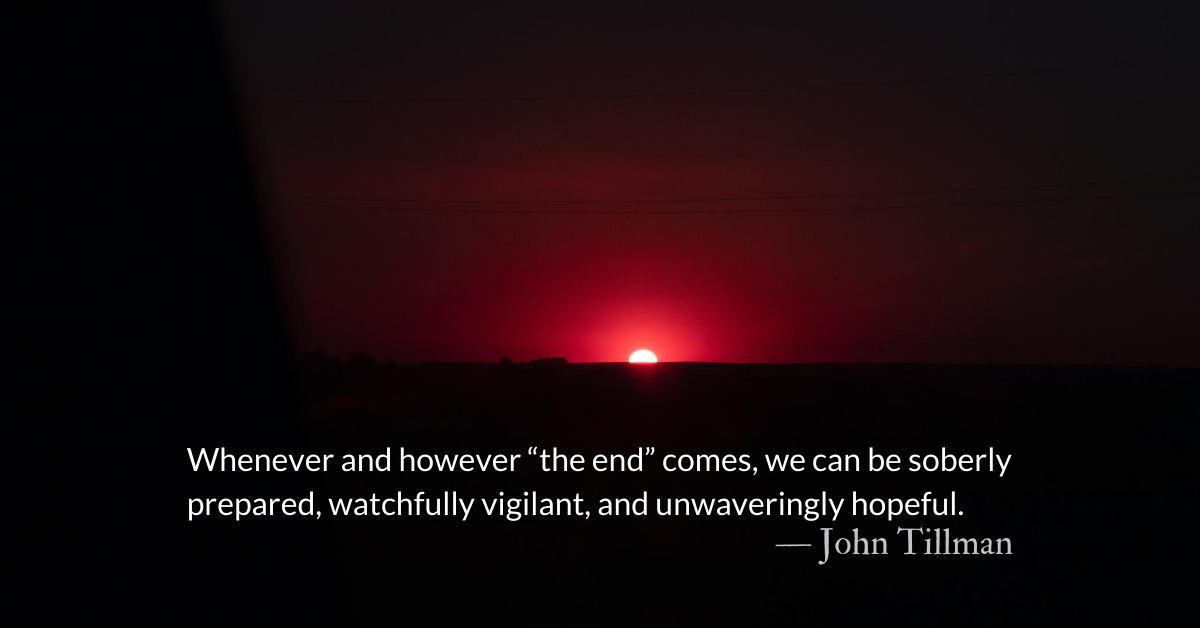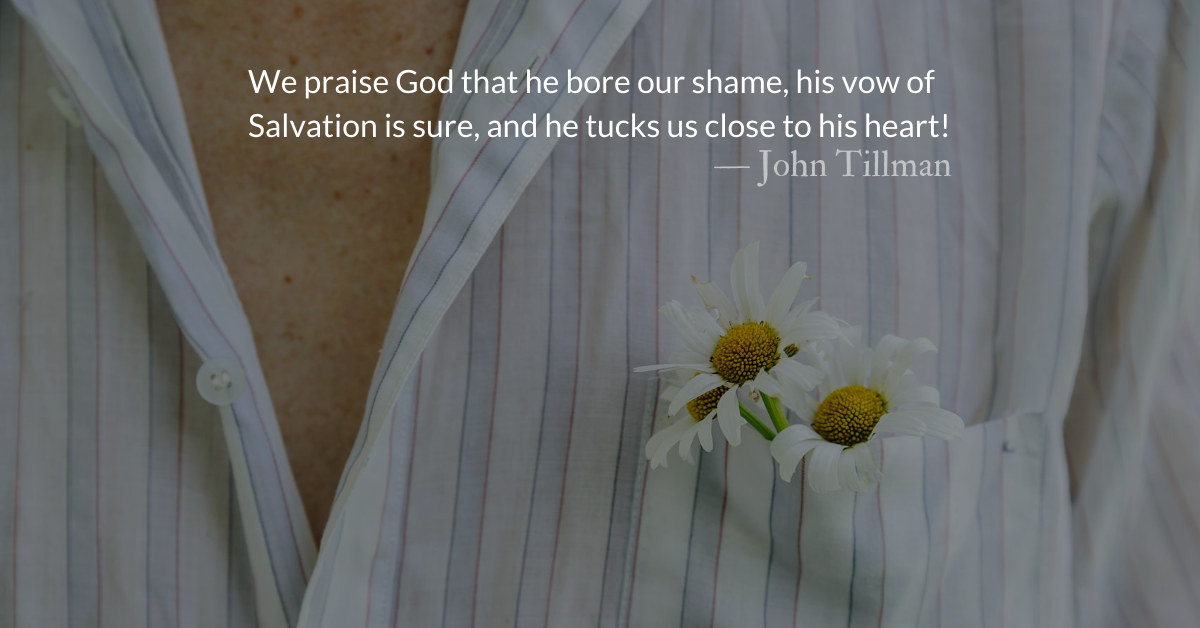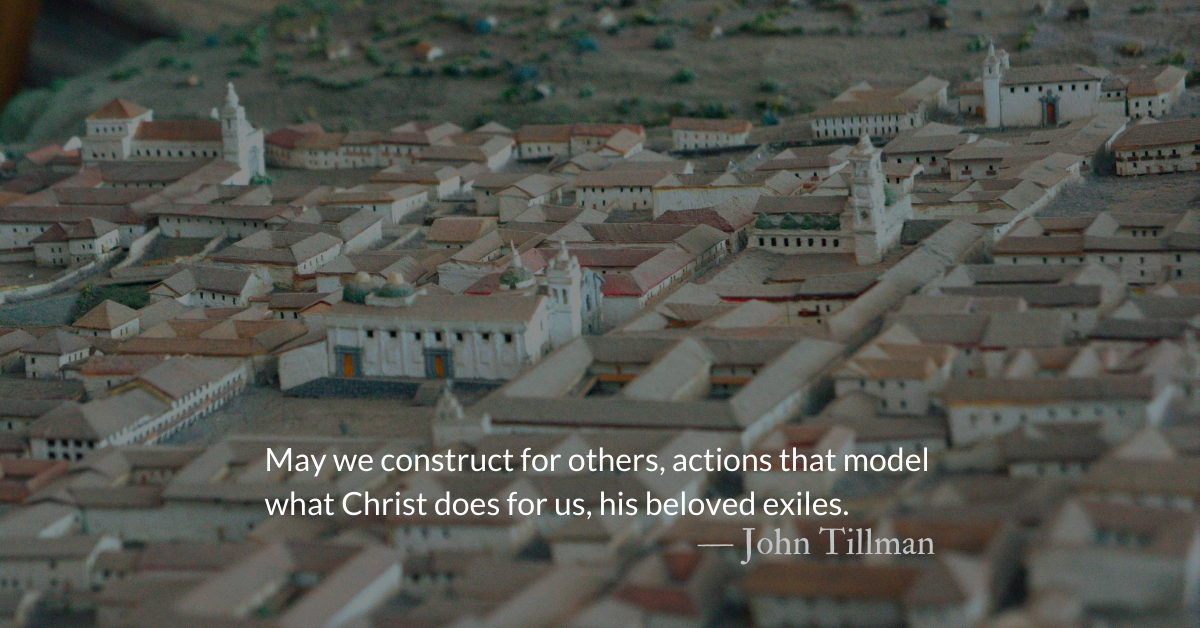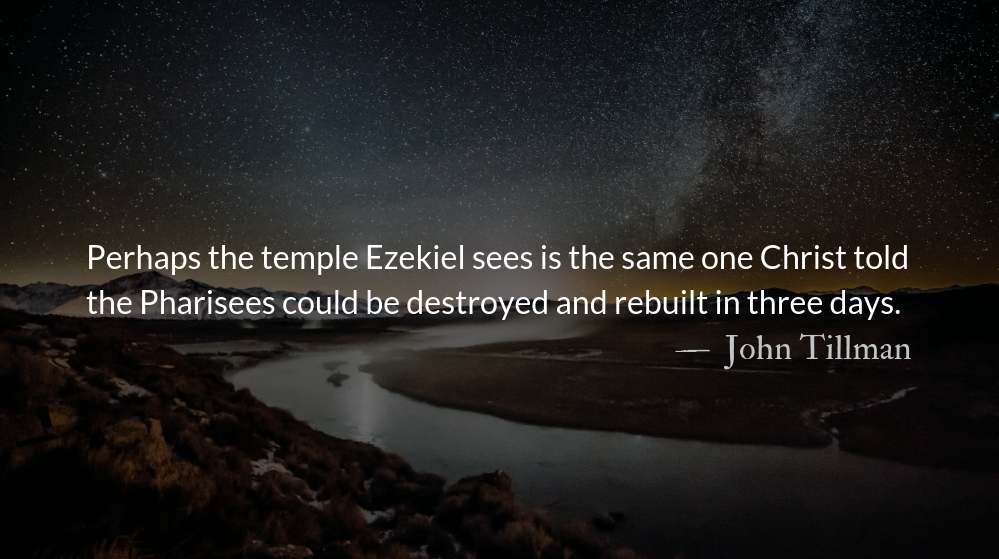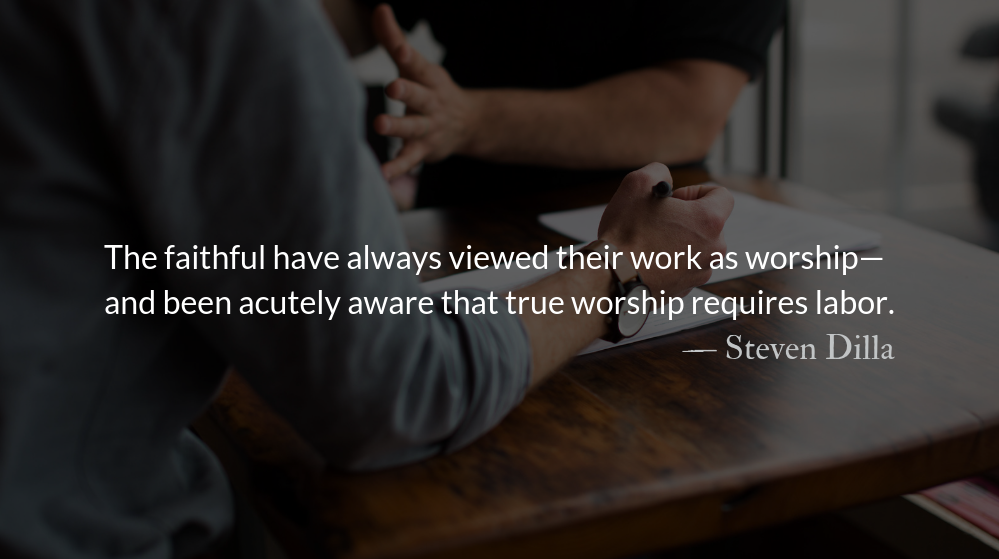Scripture Focus: Ezekiel 7.10-11, 23-26
10 “ ‘See, the day!
See, it comes!
Doom has burst forth,
the rod has budded,
arrogance has blossomed!
11 Violence has arisen,
a rod to punish the wicked.
23 “ ‘Prepare chains!
For the land is full of bloodshed,
and the city is full of violence.
24 I will bring the most wicked of nations
to take possession of their houses.
I will put an end to the pride of the mighty,
and their sanctuaries will be desecrated.
25 When terror comes,
they will seek peace in vain.
26 Calamity upon calamity will come,
and rumor upon rumor.
Reflection: Prepare for the End
By John Tillman
2020 apocalypse bingo cards became a meme early in the year. For example, “I did NOT have ___________ on my 2020 Apocalypse bingo card.”
Australian fires, murder hornets, dual hurricanes, riots, pandemics, earthquakes, asteroids, and even the comic book villain, Galactus have all made appearances in the meme based on real or hypothetical threats that seemed to loom over the horizon of each month.
Hidden beneath the meme’s humor is a real feeling and a biblical truth: The end will come and we won’t like it.
I remember fellow seminary students pressuring a professor to endorse the “pre-tribulation” rapture which proposes Jesus will remove Christians from the Earth before the deadly tribulations described in Revelation. The professor (rightly, I think) felt that there was insufficient biblical evidence to say definitively one way or another, but the students persisted. The frustrated professor eventually turned to the pushy students and said, “Do you really think we deserve that?”
Christians are sometimes guilty of looking forward to the apocalypse like a private revenge fantasy. Just a hint: imagining everyone who was mean to us burning isn’t Christ-like.
But even if our personal enemies burn, that won’t mean we won’t suffer too. Christians, just like the nation of Israel, can become complacent about the coming of judgment and can wrongly assume that being loved by God will preclude us from any loss or harm.
Ezekiel is very descriptive of the terror of the end that is coming. Righteous people throughout scripture, like Jeremiah, Ezekiel, Daniel, and others, suffer for the collective sins of nations. What makes us think we are more righteous than they?
One thing is sure. Biblical prophets warn that “The Day of the Lord” will be darkness and not light. (Amos 5.18) It will be a time of the outpouring of God’s wrath on the wicked and the guilty, including those simply guilty of living among people of unclean lips.
Whenever and however “the end” comes, we can be soberly prepared, watchfully vigilant, and unwaveringly hopeful. If we suffer, let it be for doing what is right. (1 Peter 3.13-17) If we die, we will be with the Lord. If we live, we will be transformed to meet him in an instant. (1 Corinthians 15.51-53) No matter the manner or form of our death, and no matter how or when our end comes, let us be prepared, knowing that to live is Christ and to die is gain. (Philippians 1.20-22)
Divine Hours Prayer: The Greeting
Happy are they whom you choose and draw to your courts to dwell there! They will be satisfied by the beauty of your house, by the holiness of your temple. — Psalm 65.4
– Divine Hours prayers from The Divine Hours: Prayers for Summertime by Phyllis Tickle
Today’s Readings
Ezekiel 7 (Listen – 4:32)
Psalm 45 (Listen – 2:17)
This Weekend’s Readings
Ezekiel 8 (Listen – 3:21), Psalm 46=47 (Listen – 2:15)
Ezekiel 9 (Listen – 2:05), Psalm 48 (Listen – 1:28)
Monday’s Readings
Ezekiel 10 (Listen – 3:16), Psalm 49 (Listen – 2:10)
Read more about Living Is Harder
The truth is that living for Christ in the mundane and ordinary is far more difficult than dying for him.
Read more about Revelation of Love
No matter the evil forces, evil governments, spiritual powers, or societal pressures that grasp at us or stand in our way, we who answer Christ’s call will go home to Heaven.

